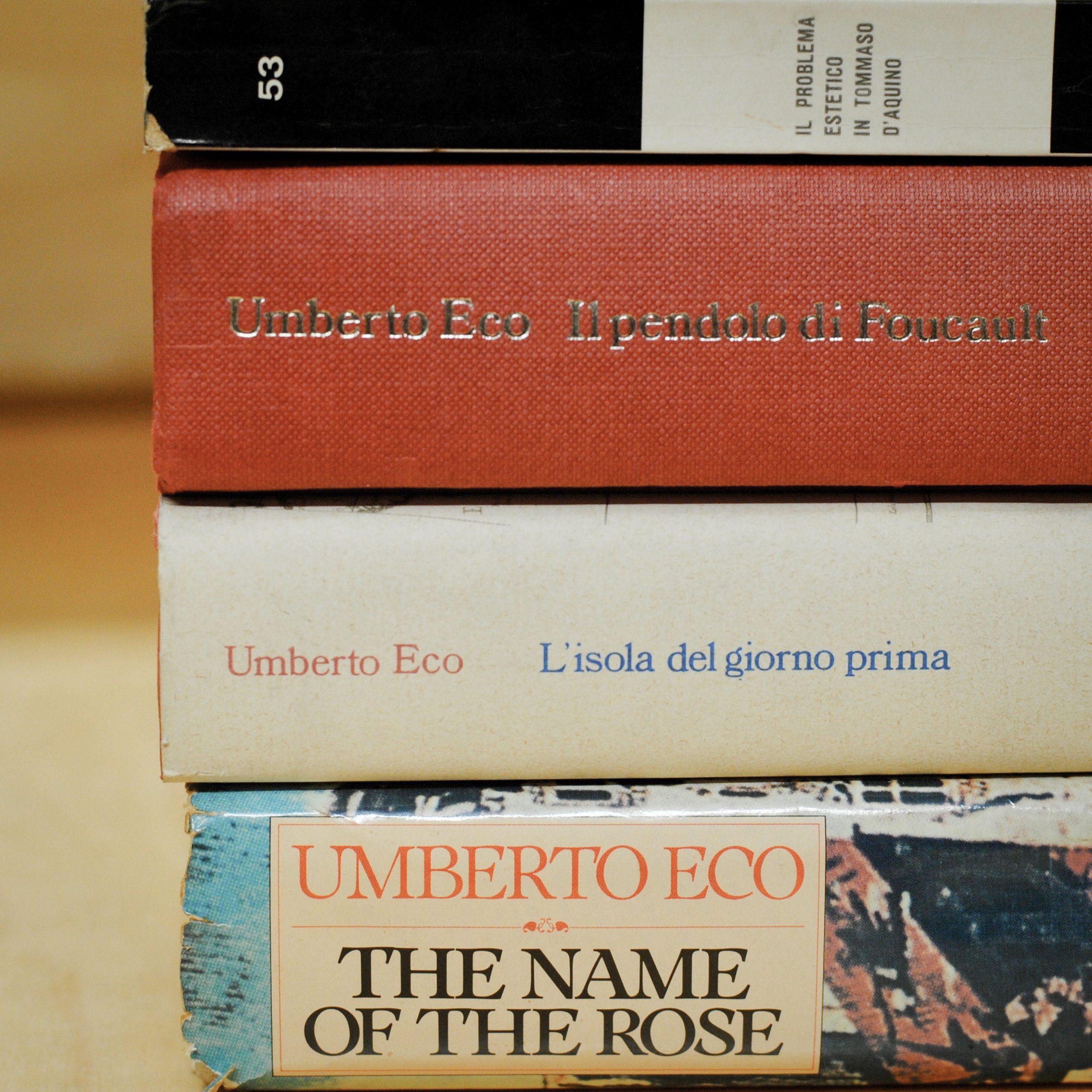The Comprehensive Guide to IB Russian A Literature
Introduction
Welcome to the comprehensive guide to IB Russian A Literature! This guide aims to provide you with valuable insights and knowledge about the International Baccalaureate (IB) Russian A Literature course. Whether you are a student, a teacher, or simply interested in Russian literature, this guide will offer you a comprehensive understanding of the subject. Let's embark on this literary journey together!
The Importance of IB Russian A Literature
IB Russian A Literature is a subject of great importance as it allows students to explore the rich literary heritage of the Russian language. By studying Russian literature, students not only develop critical thinking and analytical skills but also gain insights into Russian culture, history, and societal issues. This course nurtures students' language abilities while fostering a deep appreciation for the beauty and depth of Russian literary works.
The Curriculum: Exploring the World of Russian Language and Literature
Theme 1: Individual and Society
One of the central themes explored in the IB Russian A Literature curriculum is the relationship between the individual and society. Students engage with literary works that examine the struggles, aspirations, and moral dilemmas faced by individuals within societal contexts. Through texts such as Fyodor Dostoevsky's "Crime and Punishment" and Leo Tolstoy's "Anna Karenina," students analyze the complex interplay between personal identity, social norms, and the consequences of individual actions.
Theme 2: Love and Relationships
The second theme of the curriculum focuses on the exploration of love and relationships in Russian literature. Students examine how Russian authors portray different types of love, including romantic love, familial love, and friendships. Texts like Anton Chekhov's "The Cherry Orchard" and Alexander Pushkin's "Eugene Onegin" provide students with insights into the complexities of human relationships, the role of love in shaping characters, and the societal expectations surrounding love.
Theme 3: Literature and Political Contexts
The third theme delves into the study of Russian literature in its political contexts. Students explore how literature reflects and critiques political ideologies, societal upheavals, and historical events in Russia. Through texts such as Aleksandr Solzhenitsyn's "One Day in the Life of Ivan Denisovich" and Mikhail Bulgakov's "The Master and Margarita," students gain a deeper understanding of the power of literature as a tool for social and political commentary.
Exam Preparation: Tips and Strategies
Preparing for the IB Russian A Literature exam requires diligent preparation and effective strategies. Here are some tips to help you succeed:
- Read Widely: Immerse yourself in a variety of Russian literary works, including works from different periods and authors, to develop a comprehensive understanding of Russian literature.
- Analyze Texts: Practice close reading and develop your skills in analyzing literary techniques, themes, and historical and cultural context within the texts.
- Develop Writing Skills: Enhance your essay writing skills by constructing well-structured arguments, supporting them with textual evidence, and showcasing critical thinking.
- Research the Context: Deepen your understanding of the historical, social, and political context in which the texts were written to better appreciate their significance and themes.
- Engage in Discussions: Participate in discussions with classmates, teachers, and online forums to exchange ideas, interpretations, and insights about the texts.
- Utilize Past Papers: Familiarize yourself with past exam papers to understand the exam format and types of questions that may be asked.
Frequently Asked Questions (FAQs)
Q1: Do I need to be fluent in Russian to study IB Russian A Literature?
Yes, a strong proficiency in the Russian language is essential to study and excel in IB Russian A Literature. The course requires reading, analyzing, and writing about Russian literary texts in depth.
Q2: Can I choose my own texts for analysis in the IB Russian A Literature course?
No, the texts for analysis are predetermined by the IB curriculum. However, within the prescribed texts, students have the flexibility to explore different interpretations and aspects of the works.
Q3: Are there any recommended resources for studying Russian literature?
Yes, there are various resources available to support your study of Russian literature. Online platforms, academic journals, and reputable literary publications can provide valuable insights, critical analysis, and additional readings to supplement your understanding of the texts.
Q4: How can studying IB Russian A Literature benefit me in the future?
Studying IB Russian A Literature enhances your language proficiency, critical thinking skills, and cultural awareness. These skills can be valuable in various fields, such as translation, interpretation, academia, journalism, and cultural exchange programs focused on Russian-speaking countries.
Q5: Are there any famous Russian authors or literary works?
Russian literature has a rich tradition with many renowned authors and literary works. Some famous Russian authors include Fyodor Dostoevsky, Leo Tolstoy, Anton Chekhov, and Alexander Pushkin. Notable literary works include "Crime and Punishment," "Anna Karenina," "The Cherry Orchard," and "Eugene Onegin."
Q6: Can I pursue Russian literature studies beyond the IB program?
Certainly! If you develop a passion for Russian literature through the IB Russian A Literature course, you can continue your studies at the undergraduate or graduate level, either in Russia or at institutions abroad.
Conclusion
In conclusion, this comprehensive guide has provided you with a thorough understanding of IB Russian A Literature. By exploring the curriculum's themes, exam preparation tips, and frequently asked questions, you are now well-equipped to embark on your journey of studying Russian language and literature. Embrace the beauty and depth of Russian literary traditions and let them inspire your intellectual pursuits.

 By
By


